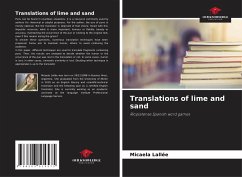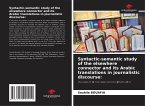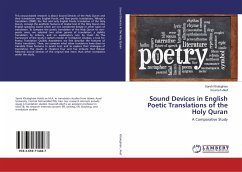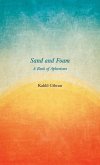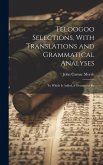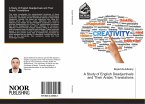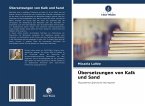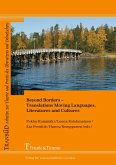Puns can be found in countless situations. It is a resource commonly used by authors for rhetorical or playful purposes. For the author, the use of puns is merely optional. But the translator is deprived of that choice. Faced with this linguistic resource, what is more important: humour or fidelity, beauty or accuracy, maintaining the occurrence of the pun or sticking to the original text, even if this means losing the grace?To answer these questions, numerous translation techniques have been proposed. Some aim to maintain humor, others to avoid confusing the audience. In this paper, different techniques are used to translate fragments containing puns. Then, the results are analyzed to decide whether the humor or the occurrence of the pun was lost in the translation or not. In some cases, humor is lost; in other cases, semantic similarity is lost. Deciding which technique is appropriate is up to the translator.
Bitte wählen Sie Ihr Anliegen aus.
Rechnungen
Retourenschein anfordern
Bestellstatus
Storno

